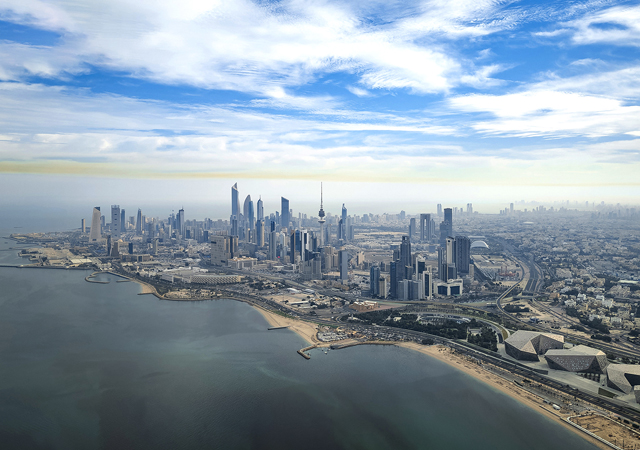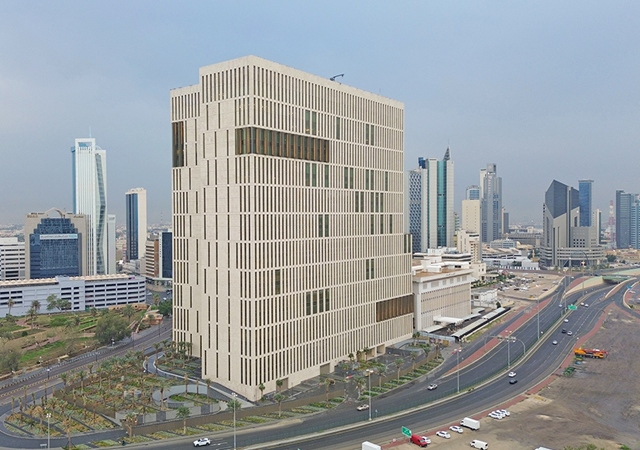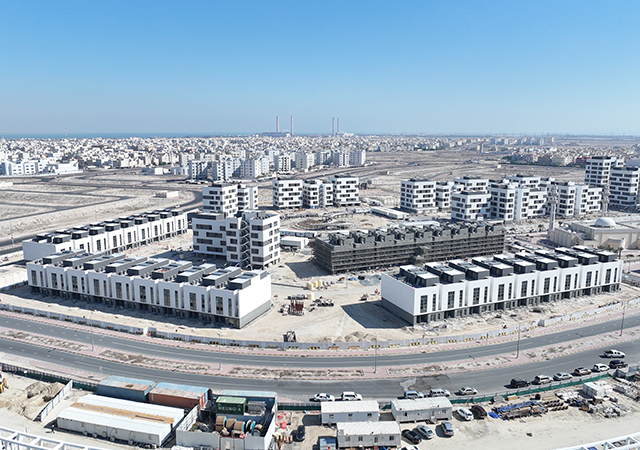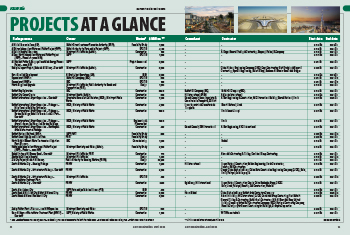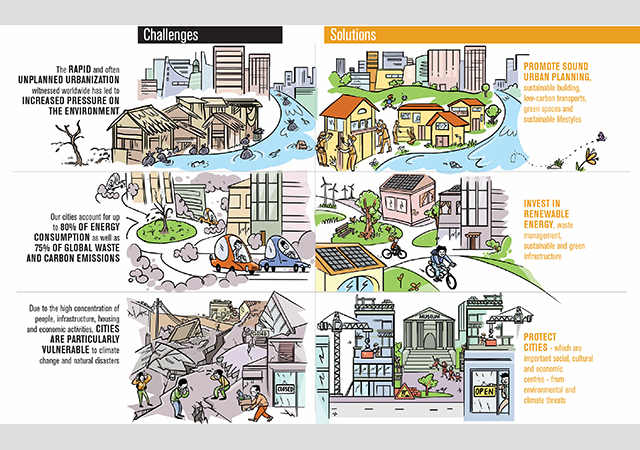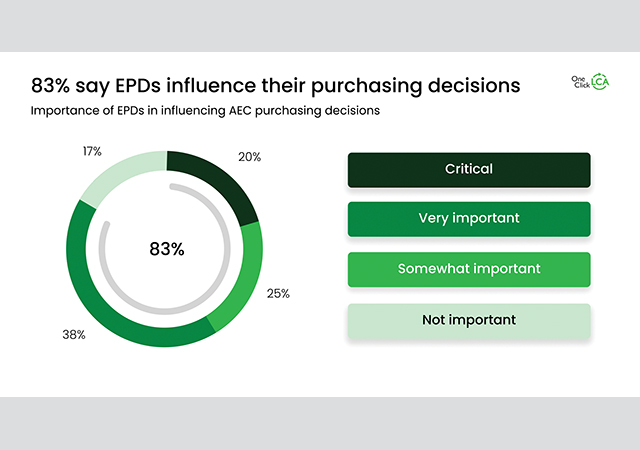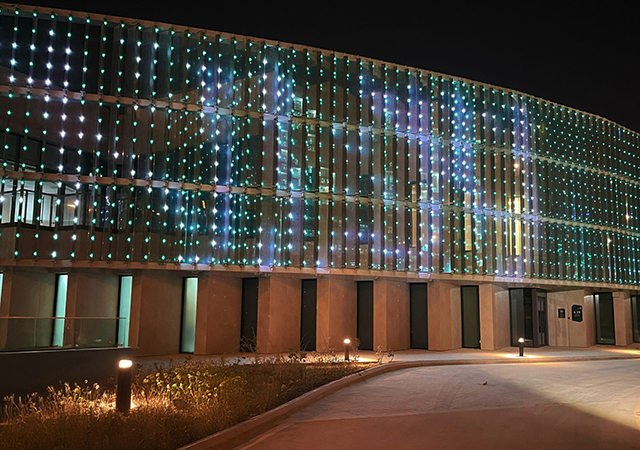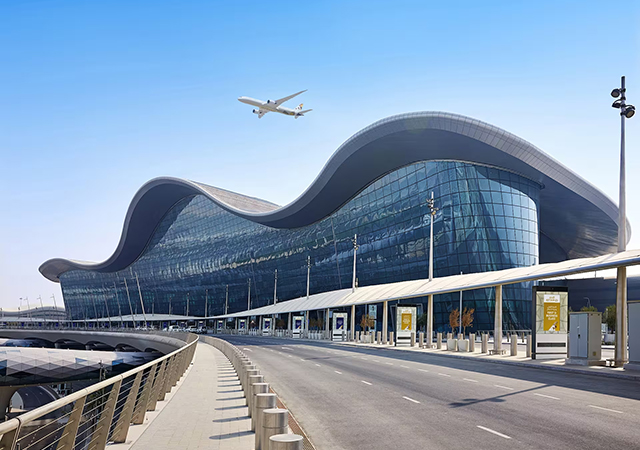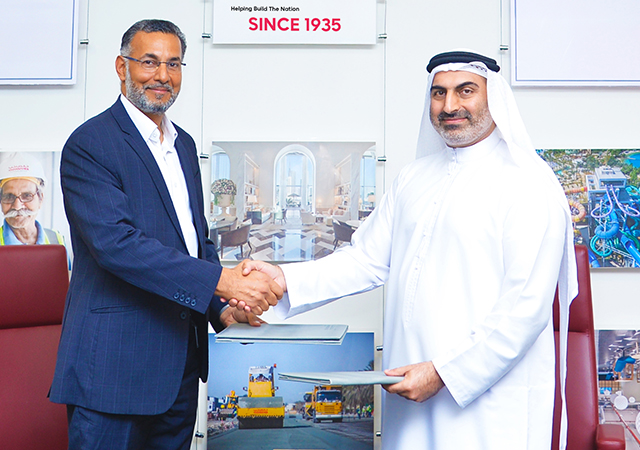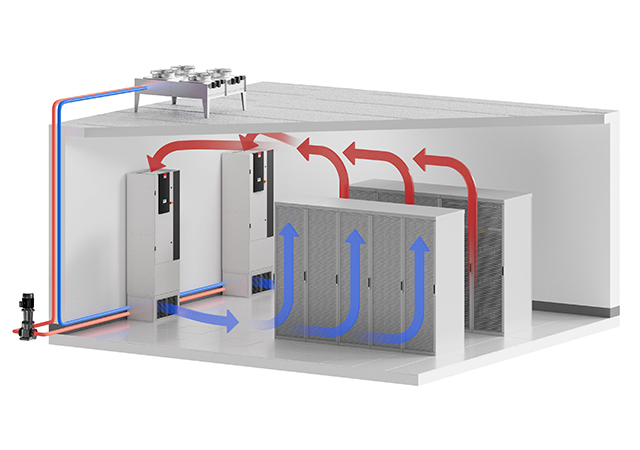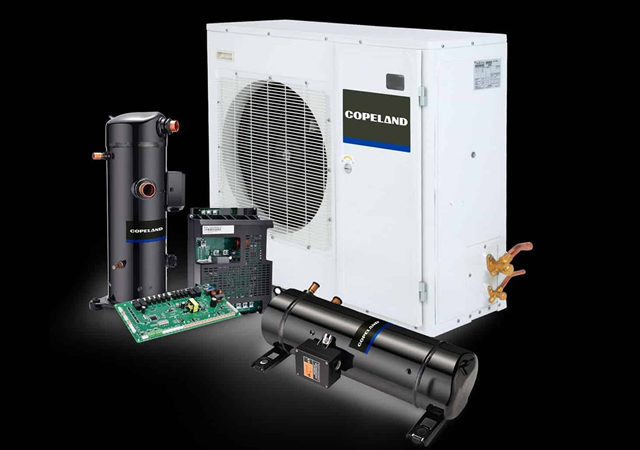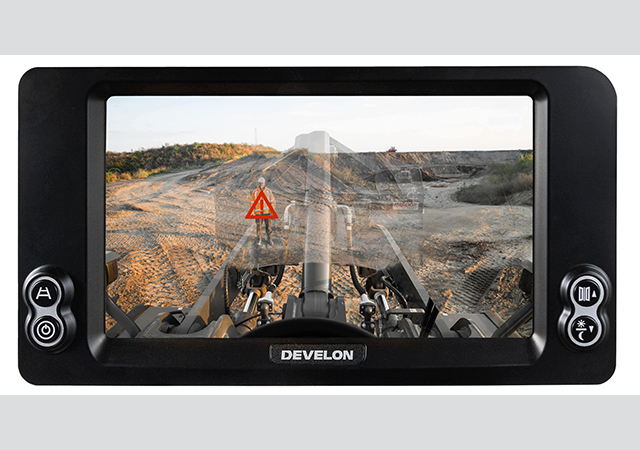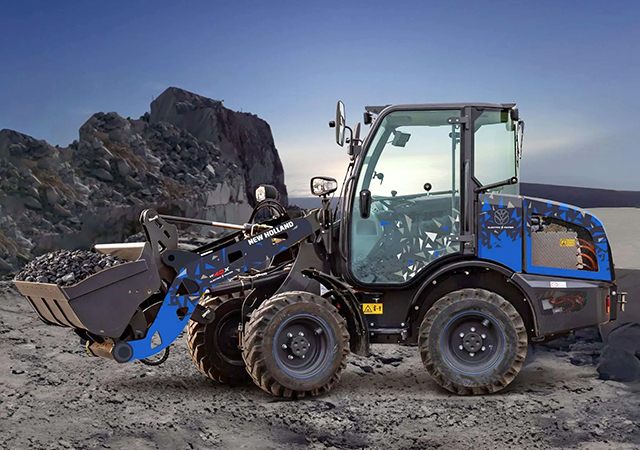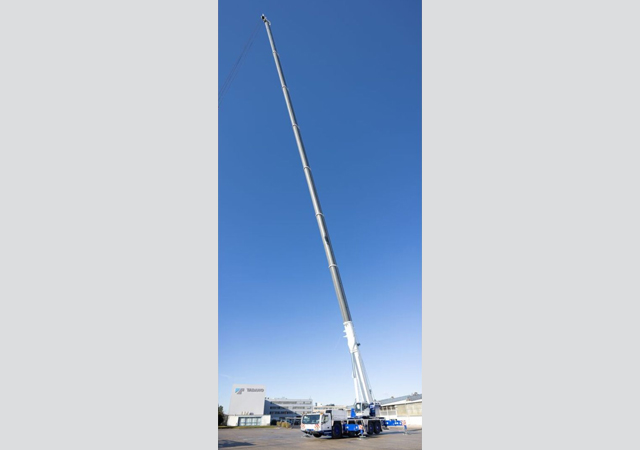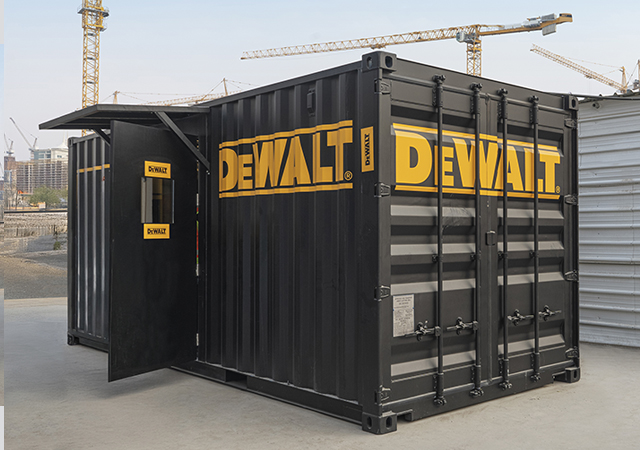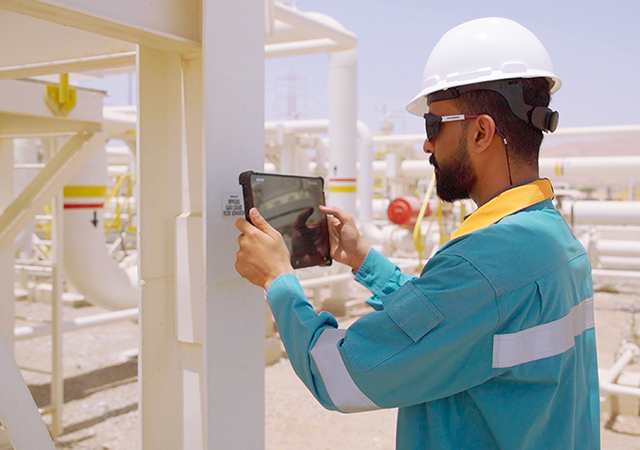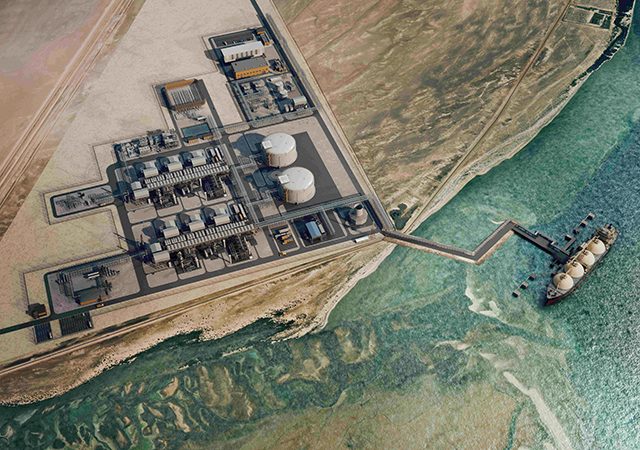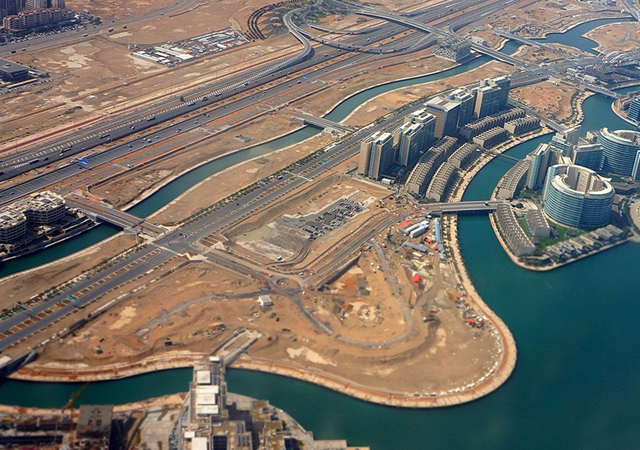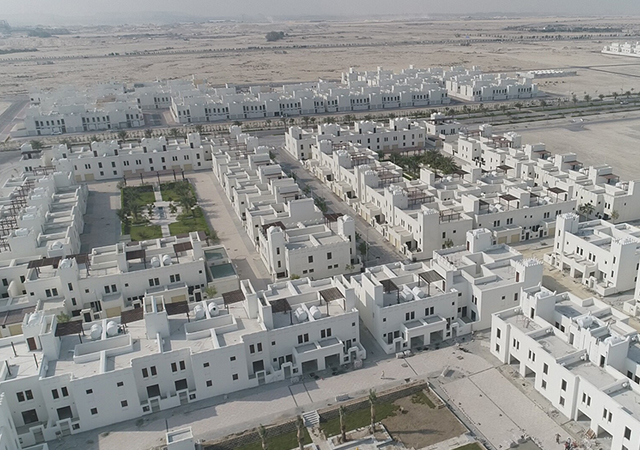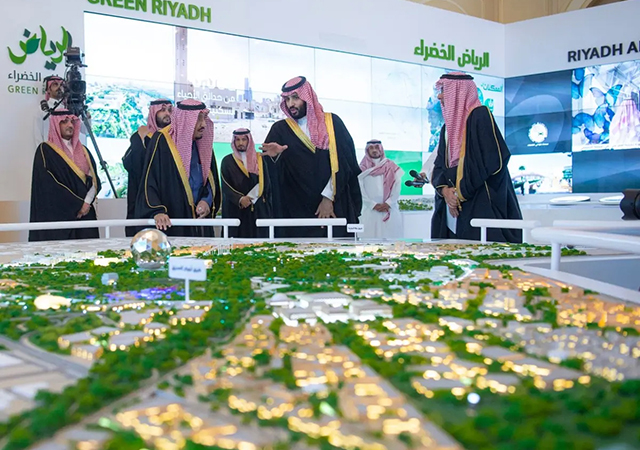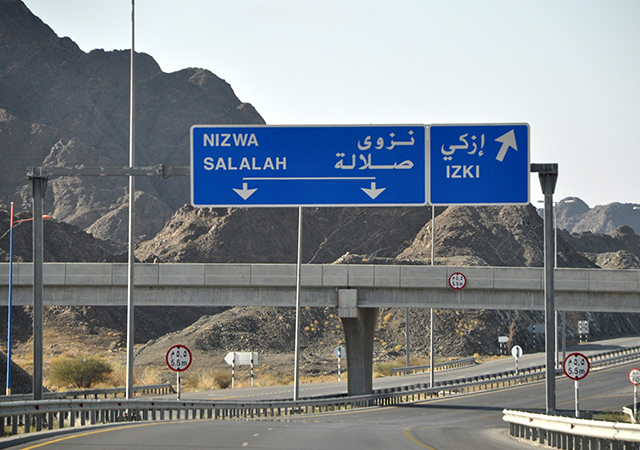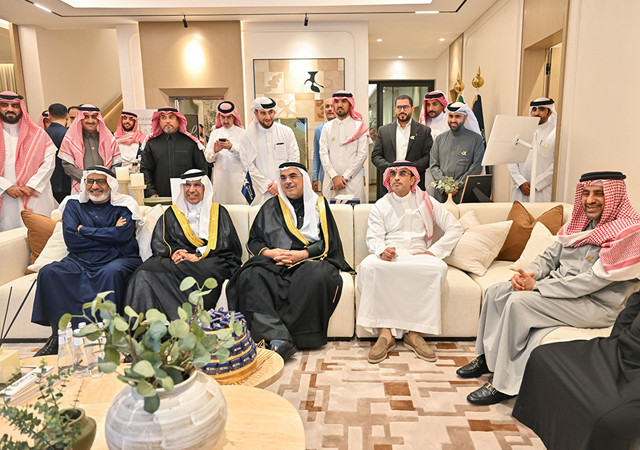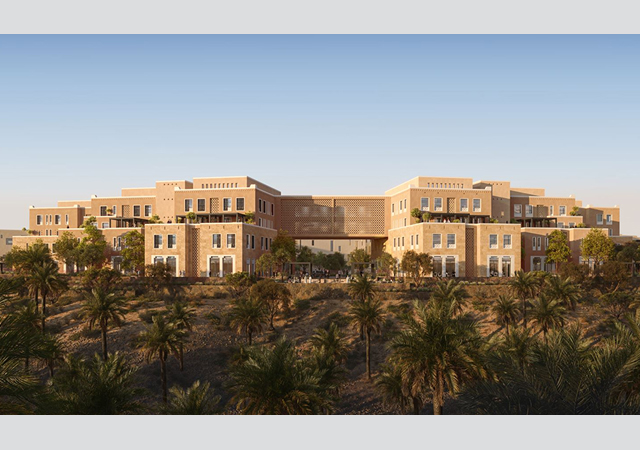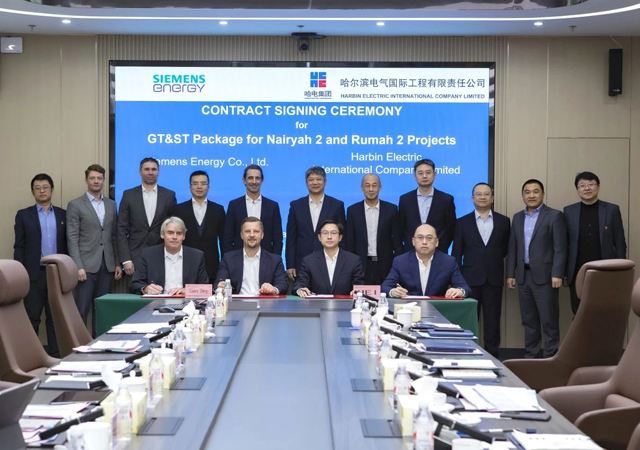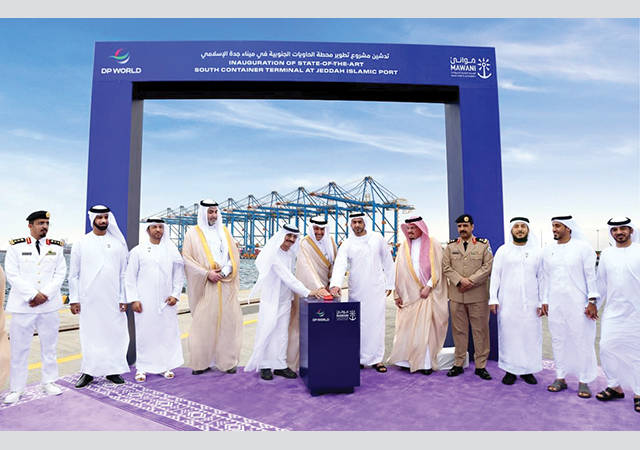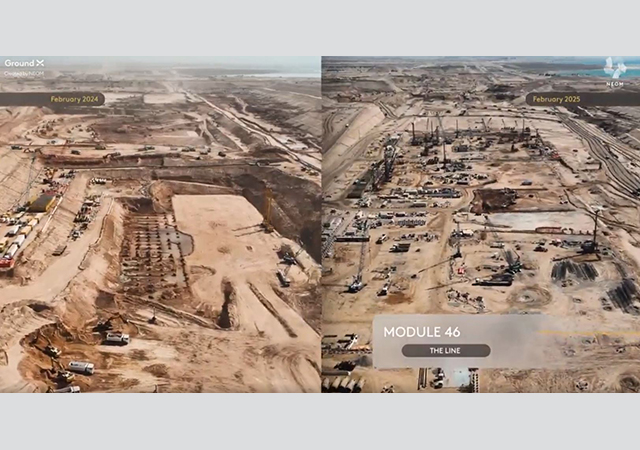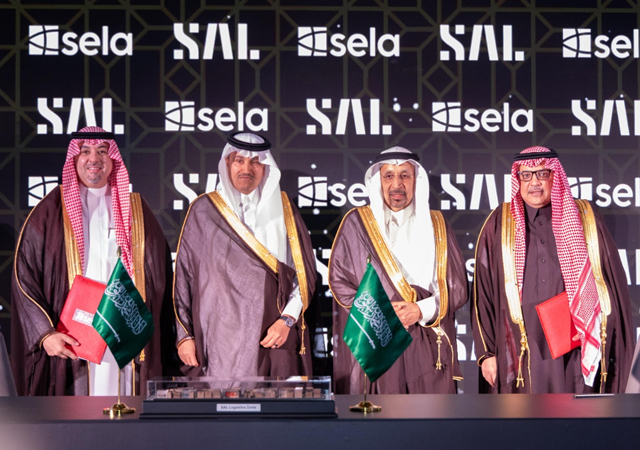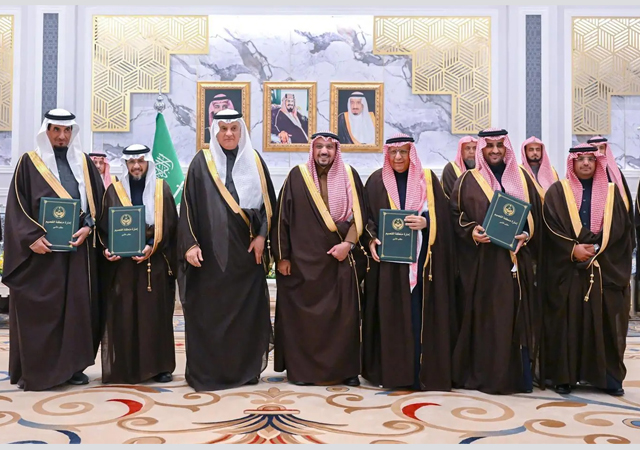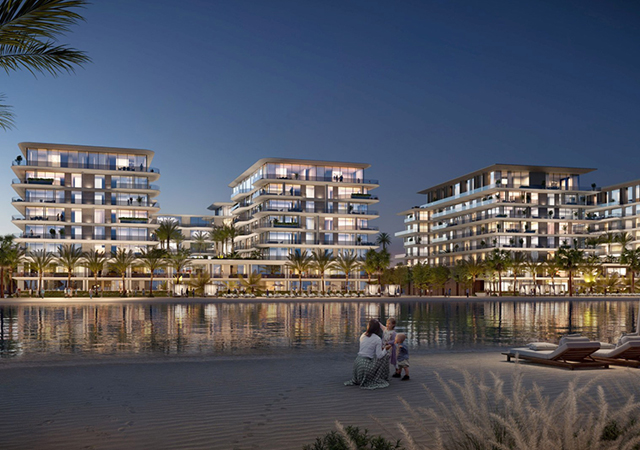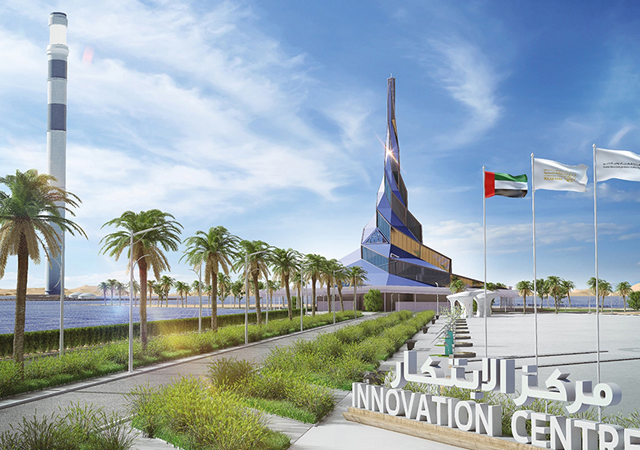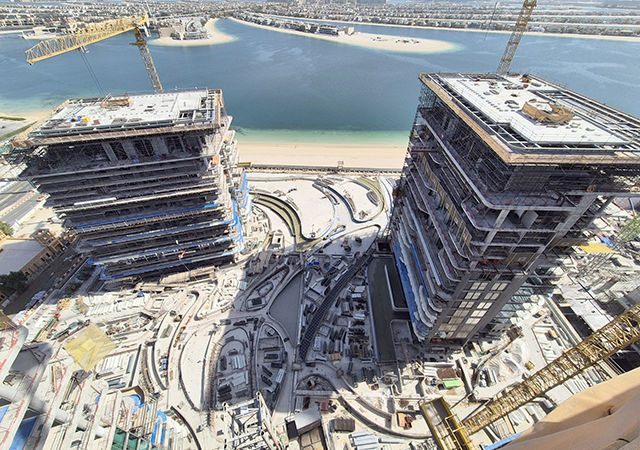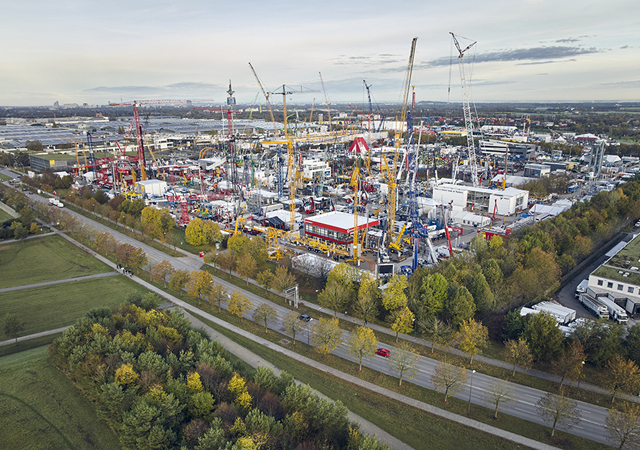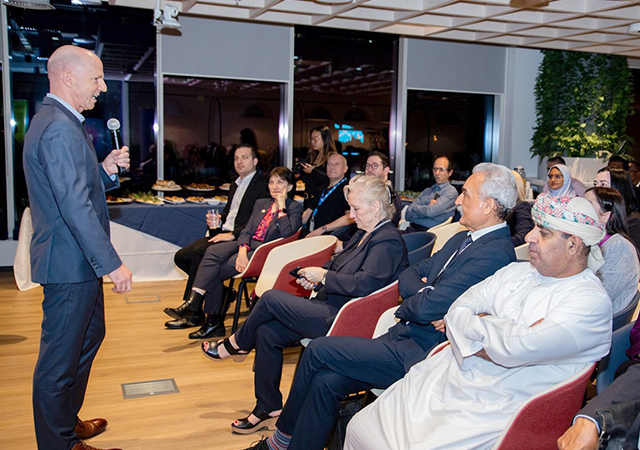
Spanish infrastructure major Acciona has launched an advanced turbidity prediction system for its desalination plants, which uses two models based on different technologies.
These models, developed in-house at Acciona's Infrastructure division, are revolutionizing the way that desalination plants are managed by predicting the quality of water entering the plant in both the short term (measured in hours) and the long term (measured in days).
The prediction system is in operation at Ras Abu Fontas 3 (RAF 3) reverse osmosis desalination plant in Qatar, where the first version of the model has been operating successfully for the past eleven months.
The plant staff has access to a monitoring system that provides real-time predictions on water turbidity, allowing operators to anticipate potential quality changes and adjust the process accordingly.
The system developed by Acciona is of vital importance for the operation of desalination plants, as it allows the prediction of events, in which water turbidity exceeds the threshold that could hinder the operation of the plant or even make it advisable to shut down temporarily.
Thanks to these predictions, plant equipment can be prepared in advance, avoiding damage to the most sensitive components and optimizing plant availability, said the statement.
In addition, this system contributes to more efficient management of water distribution networks and enhances plant resilience to climatic events and other water quality variabilities, it stated.
The ability to predict seawater characteristics is supported by years of systematic data collection at desalination plants, which has provided Acciona with unique information to understand how this phenomenon works on a local scale.
By combining this data with satellite information and artificial intelligence algorithms, Acciona has succeeded, in a first for the industry, in predicting turbidity effectively and incorporating it into the operation of desalination plants.
This advance not only optimizes the operation of desalination plants, but also helps to extend their useful life and make more efficient use of the water and energy employed, ensuring a clean and accessible water supply.
This improves the profitability of the investments made and promotes the construction of resilient infrastructures that can adapt to the challenges posed by climate change and other extreme weather events.
With the successful deployment in RAF 3, Acciona is working on a new version of the model to optimize its operation, with a view to implementing it in more desalination plants globally.
The integration of this prediction system represents a new technological standard that will continue to differentiate Acciona's value proposition, consolidating its leadership in the sector.-TradeArabia News Service


